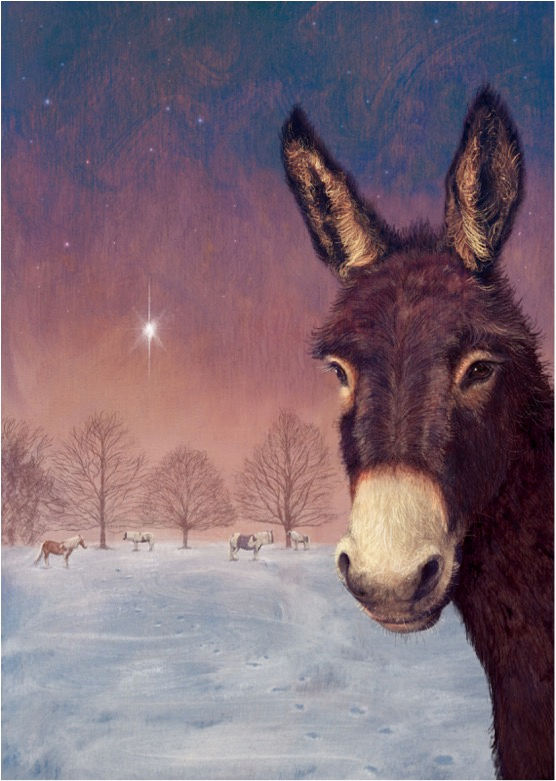Rabbit Pie and Pig's Trotters - Christmas in the 1930s – Kenneth
- Kenneth
- Dec 20, 2020
- 3 min read
From the year of my birth in 1927 until the outbreak of the Second World War, my mother and I travelled most Christmases to a small Suffolk village to stay with my maternal grandparents. My father was a milkman and, in the days before fridges, had to deliver seven days a week even on Christmas and Boxing Days. Until the day he retired, I remember only one Christmas Day with my Dad and that was when he was between jobs.

My mother was one of nine children: her five brothers survived the Great War and by the 1930s were established as bakers with the main shop in Suffolk and others in Loughton and Buckhurst Hill. We would take the underground to Loughton to arrive around 6pm when my Uncle Harry had finished work. He removed the shelves from the back of his delivery van to make room for cushions and pillows plus his wife and three daughters, my mother and me. What is now a 90-minute trip took us more than four hours.
To me, my grandparents’ house seemed huge; it wasn’t but space was found for 30+ visitors. The women slept in one of the two upstairs bedrooms, my grandparents in the other. The men slept downstairs in the small parlour. An outhouse at the far end of the garden housed the bucket-toilets: multi-seaters so one always had company. All the children were sent across the road to sleep in Uncle Will’s flat above the bakery and my cousin, Lily, being the eldest was responsible for keeping us in order. Everyone, boys and girls, slept in her room on the bed or on cushions on the floor. There were stables next to the bakery and we all loved playing on the carts, pretending to drive the horses. My uncles were not averse to – say it quietly – poaching and on Christmas morning breakfast was a choice of rabbit pie or (legitimate) pigs’ trotters.
The bakery ovens were busy on Christmas morning because all the villagers brought meat to be slow-roasted; just for our family there were several chickens and a whole lamb. The women were up early to set out the tables and prepare the vegetables, cooking them on the range and several Primus stoves – it must have been so dangerous - and we children kept out of the way until we were called to sit down at mid-day. The men went to the pub and came back for the second sitting at 2pm. When the Christmas pudding was served the hunt for the silver thrupenny bit was on. Only children found them so I soon realised they were added surreptitiously after the blazing pudding was cut. One of my aunts was courting and as a joke a coin was added to her fiancé’s pudding. We all waited for him to find it but he never did – he must have swallowed it. Laughter was a great part of my childhood Christmases, the women giggling as they did the chores, the men in good spirits (or good beer) and everyone enjoying afternoons and evenings of traditional card games, Ludo, Sorry, charades and ‘Nelson’s Eye’ – a scary game that involved a blindfold, pickled onions masquerading as eyeballs and half an orange as the bloody socket. The gramophone would come out and on would go 78rpm records by stars like George Formby, Gracie Fields, Harry Lauder and Bing Crosby.
Money for presents was in short supply but I always got a Boys Annual, a piece of track or a wagon for my clockwork train set and a filled stocking. My aunt, who never married after her fiancé was killed in the Great War, usually knitted me something, a jumper, hat or scarf but it wasn’t about presents, it was all about being together. Once war was declared Christmas trips to Suffolk were not possible. Both my grandparents had died by 1945 so the big family Christmas get-togethers didn’t happen again. With Lockdown, Christmas 2020 will be very different but I will enjoy the services on the television and catch up with friends and family via Facetime. One thing I do know – I won’t be having rabbit pie and pigs’ trotters for breakfast!



Comments